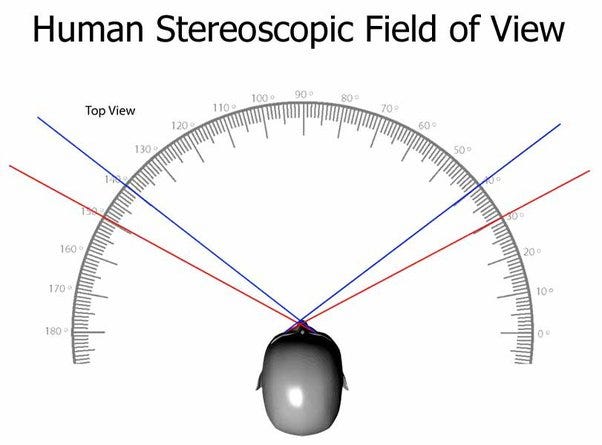I’ve been having breakdowns recently, at least once a week. That’s nothing new in the grand scheme of things but it’s something that I’ve been focusing a lot of my energy on unintentionally since my mother’s passing. And the other day, I spent a lot of time walking and running through Panhandle Park in San Francisco and just randomly had the idea to widen my vision. It was something that almost commanded my brain and once I did, I felt a world of calm wash over me. It was honestly pretty cool and I didn’t understand why I felt so good.
Later that day, I had one of my breakdowns and felt the world closing in and suddenly, I stood up and went to the corner of the room and just widened my vision, almost like my eyes were going from the little screen on the lefthand side of Youtube to full screen. It was overwhelming at first; I was taking in so much at once and I felt everything I was feeling become slightly more heightened. But once that wave passed, I felt more in control, more peaceful.
As it turns out, using your peripheral vision to regulate mood is something that we’ve done since forever and I’ve been consistently using it to my advantage.
First, let’s refresh our memory. Our peripheral vision is “what is seen on the side of the eye when looking straight ahead.” It’s the little glimpses out of the corner of your eye that you see throughout the day, the vision that just makes you a little more aware of your surroundings. But you’re not really “seeing” out of your peripherals. You’re just kind of noticing little things that happen one way or another. And that’s what they’re meant to do; when we hunt and have to broaden our horizons to look for things, we want to have that peripheral vision to be able to sense things on our sides or in times of stress. The design makes sense.
Stereoscopic vision is the ability of our eyes to see in three dimensions. Our two eyes see two slightly different images and when combined, your brain is able to put them together into one coherent 3D image. This kind of vision is often referred to when discussing depth perception.
We always talk about breathing as a control factor you can use to regulate your feelings: if you slow down your breathing you feel more in control and therefore, less anxious in stressful situations. And the same is true vice versa (if you’re not anxious, your breath is usually pretty slowed versus when you’re hyper-focused or excited). So it works both ways. But the same thing is true with your peripheral vision.
Andrew Huberman talks in great detail about this on a podcast with Tim Ferris:
“For instance, if we are very relaxed, our pupils change, the shape of our lens changes, such that we actually have dilated vision. We see the entire environment we’re in, so-called panoramic vision. When we are stressed or excited about something, the optics of our eye changes, and the information about the outside world that is delivered to our brain changes. Our entire experience of the world shrinks.”
So we are able to see things with pretty tunneled-out vision most of the time and don’t register that our aperture changes in response to our internal state and vice versa. I don’t know about you, but I’ve never noticed that my vision broadens when I’m less stressed…until just last week.
I’m used to having breakdowns and having them last half an hour and go back to work without really thinking about what I’ve seen or how I’m recovering. I just sort of think, “Let me get my mind off of this and get back to it” or “Let’s just feel this and move on” and don’t get me wrong, that works. I’m not discouraging that, but I am saying that when we get overwhelmed, there are other tools to help us.
I’ve been trying to broaden my vision more over the last week and it’s been super helpful. Sometimes it’s easier to do than other times but just focusing on what I’d like to call “mindfully zoning out” is a good rule of thumb for my daily life. Not everything is a big deal, not everything has to be thought about deeply, not everything has to be something you “wait” to blow over you.
Let me know if you try it out or if you’ve heard of this technique before. Gimme more data points :))




Your updates are always such a mood
I might've mentioned this, but someone did a survey of activities/substances that were "Most Likely To Be Life-Changing" and ranked them - https://troof.blog/posts/nootropics/
Seems like a cool list of new stuff to try!
Related: Ranking of The Most Painful and Pleasurable Life Experiences - https://forum.effectivealtruism.org/posts/gtGe8WkeFvqucYLAF/logarithmic-scales-of-pleasure-and-pain-rating-ranking-and